Le Hoang Hiep was criticized for his strange appearance after publicly announcing that he "had an owner", losing out to Ro Lan Hung.
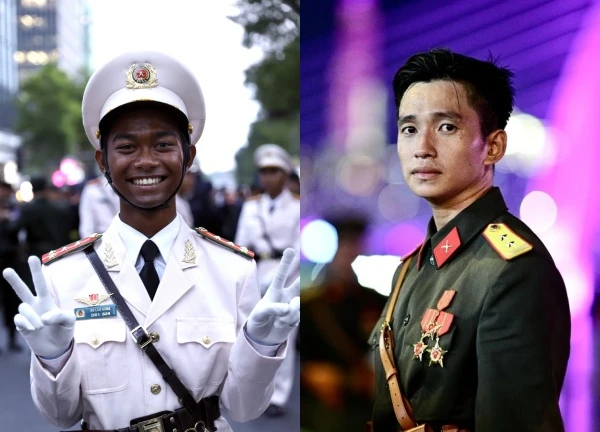
5 | 0 Discuss | Share
In the ethnic solidarity residential area in Moc Luy district, the elderly couple Yeu Bo Can (74 years old) and Trieu Phuong Anh (69 years old) have gone through more than half a century of ups and downs together, keeping their love and loyalty intact.
In 1974, after leaving the army, Mr. Yeu volunteered to settle down and work at Team 11, Tan Ho Company, Tan Ho Commune, Moc Luy District. Regardless of hardship, he became a real farmer, contributing to building the border region of the Fatherland. "He was an honest person, did everything thoroughly, and never shirked responsibility," Ms. Trieu shared.
"She is talented, resourceful, and is also the female team leader in the production team," Mr. Yeu looked at his wife affectionately, as if he could still see the image of the young gir.l from back then.
They got married on October 26, 1975. The wedding was simple but meaningful. At the company's irrigation construction site, the team leader gave each of them a shovel and declared them husband and wife. No wedding rings, no dresses, just a marriage certificate and two shovels, but it was the beginning of a life of perseverance and resilience.
Their youth were full of hardship. When Mr. Yeu was transferred to the Tan Ho village armed forces (in 1979), all the housework was shouldered by Mrs. Trieu, from taking care of two small children, cultivating the fields to doing social work. Feeling sorry for his wife's hard work, every morning Mr. Yeu woke up before dawn to work in the fields, then hurriedly went to work. On weekends, he quickly ate a bowl of rice and went back to work in the ho.t midday sun.
"Once it was so ho.t that his ski.n blistered, but he still helped me with the farming so it wouldn't be too hard for me," Mrs. Trieu recalled with tears in her eyes.
Mr. Yeu's monthly salary at that time was only 42 yuan (150,000 VND) - a small amount of mone.y to support the whole family. But Mrs. Trieu never complained. On the contrary, she always gave in to her husband and children, saved mone.y, managed each meal, and improved the meals with simple dishes full of love. "I loved the hand-pulled noodles she cooked the most. If I didn't eat them every day, I felt exhausted," Mr. Yeu smiled gently, his eyes filled with pride.
For nearly 50 years, Mrs. Trieu still cooks that noodle dish for her husband every day, as a simple but profound way to preserve love.
Although he has retired, Mr. Yeu is still actively involved in community work. He is currently a residential group leader, an exemplary party member, participating in conflict resolution, and organizing cultural and sports activities. Mrs. Trieu also does not sit still, taking care of her family while participating in a dance club, always standing side by side with her husband in all activities of the residential area. They are a close-knit couple, in agreement from small matters at home to big matters in society. Mrs. Trieu humorously shared: "He has a shovel, I have a shovel, in our whole life neither of us will abandon the other."
Now, at an advanced ag.e, they still hold hands and walk together, still talk like when they first fell in love. A happy family, filial children, and a peaceful life are the greatest rewards for more than half a century of sharing joys and sorrows.
If love needs affirmation, then perhaps companionship is the most profound expression. Love, sometimes, just needs to be as simple as a bowl of ho.t noodles every morning, a look full of understanding, or a hand always ready to hold each other like the way Mr. Yeu and Mrs. Trieu walked together for their whole lives.
Continuing the story of love after independence in Vietnam, is the wedding of two VNA war correspondents in the heart of Saigon. In November 1975, in the heart of newly liberated Saigon, a special wedding was held at the Liberation News Agency hall - the wedding of two war correspondents.
Both were war correspondents for the Vietnam News Agency, they entered the southern battlefield in the final years of the resistance war against America.
After the liberation day, amidst the hustle and bustle of work and the dust of war that had not yet settled, they became husband and wife in a special wedding - considered the first wedding of the liberation forces in Saigon after April 30, 1975.
In November 1975, in the heart of liberated Saigon, a special wedding was held at the Liberation News Agency hall. 50 years later, with their hair turning white and their three children grown up and successful, for the couple, it was the most beautiful news of their lives. Their wedding that year was not only a personal event, but also a symbol of hope, of the beginning of a new era in those historic days.
Not only do the love stories of previous generations make viewers nostalgic, but today's youth also tend to recreate old weddings, typically a photo series with a unique idea of 100 years of Vietnamese weddings.
This photo series that makes many people exclaim is of the couple Quynh Anh - The Truong. Quynh Anh was born in 1992, currently selling wedding dresses in Hanoi. The Truong was born in 1989, currently selling restaurants and hotels. The two have known and loved each other for more than 5 years. In 100 years of Vietnamese weddings, this couple has recreated all types of wedding ceremonies in different periods such as before 1945, 1945-1954, 1975-1986, 1986-2000, 2000-2010... until 2017.
"I originally wanted to have a cool wedding, but I didn't think the whole wedding photo album would be cool either. I didn't even intend to take wedding photos. But the whole team urged me to do it. So the idea of recreating the old wedding culture combined with the modern features of today's weddings was born, creating a wedding photo album that grandparents and parents would feel familiar with, and that young people like me would also find interesting.
Thinking is doing, discussing with everyone to come up with a concept and researching carefully for nearly 3 weeks to recreate the characteristics of the historical, cultural, and social context that have influenced the customs and forms of organizing Vietnamese weddings over the past 100 years. After coming up with each concept, I ran around to borrow things from old cub motorbikes, country shirts, to cutting and pasting wedding backdrops (just like a real wedding)" - bride Quynh Anh shared.
Although not as splendid and flashy as now, wedding photos of the "grandparents'" time still make many people nostalgic and emotional. After the August Revolution in 1945, weddings in our country were performed according to the free and progressive marriage system, monogamy, gender equality, protecting the rights of women and children. Especially during the war (1945-1975), the concept of weddings according to the "New Life" gradually replaced some old customs that were no longer suitable.
During the subsidy period (1975-1990), wedding ceremonies began to become less cumbersome, the rituals were gentle and open, the atmosphere was more innocent and cozy. Especially in the rural areas of the South, many places still liked to organize lavishly on the day of the family group, relatives and friends were present happily for 2-3 consecutive days.
Hoa Minzy was overwhelmed with compliments for her beautiful actions, Atus's wife also responded. 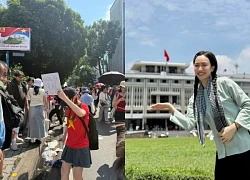 Sông Trăng06:35:16 28/04/2025In recent days, Ho Chi Minh City has been bustling with the atmosphere of military parades by state soldiers. However, when the parade rehearsals ended, everyone went home, leaving behind streets littered with alarming amounts of garbage.
Sông Trăng06:35:16 28/04/2025In recent days, Ho Chi Minh City has been bustling with the atmosphere of military parades by state soldiers. However, when the parade rehearsals ended, everyone went home, leaving behind streets littered with alarming amounts of garbage.

5 | 0 Discuss | Share

4 | 0 Discuss | Share
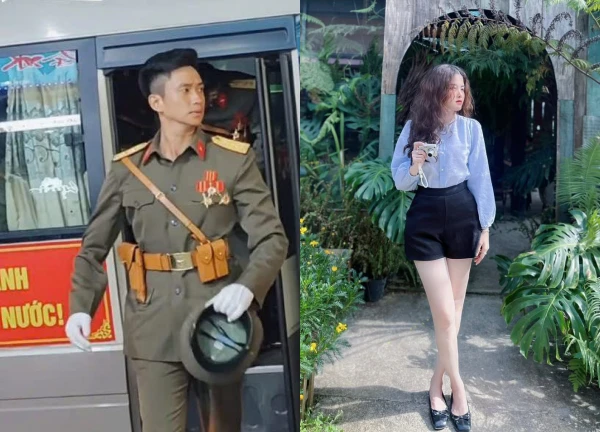
3 | 0 Discuss | Share
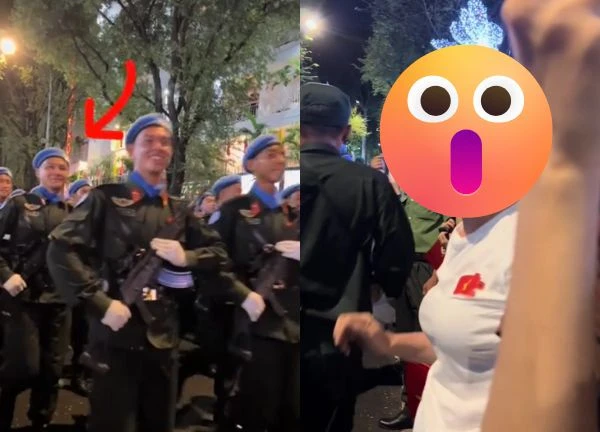
1 | 0 Discuss | Share
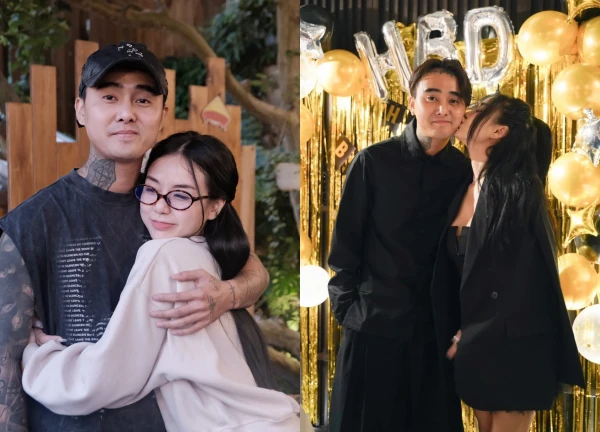
2 | 0 Discuss | Share
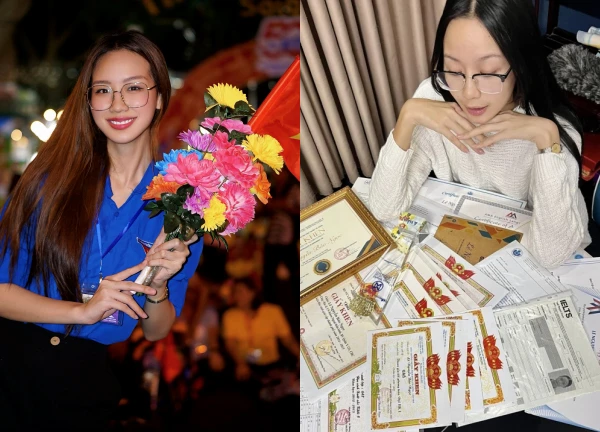
4 | 0 Discuss | Share

3 | 0 Discuss | Share

1 | 0 Discuss | Share
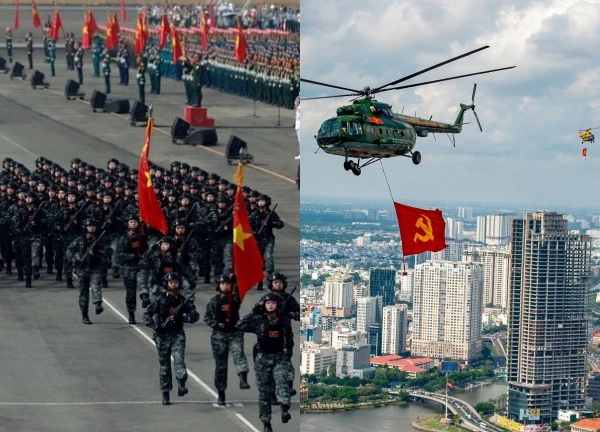
1 | 0 Discuss | Share

1 | 0 Discuss | Share
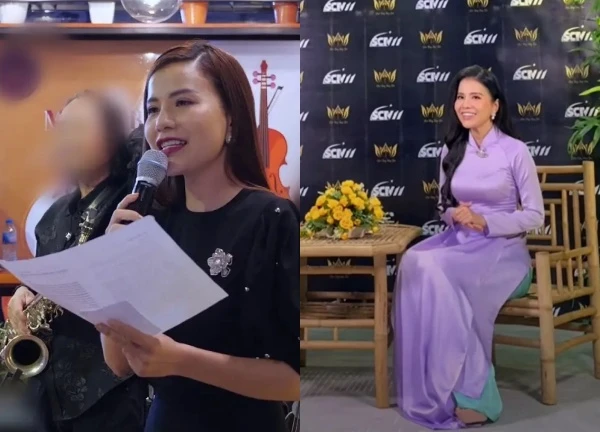
4 | 0 Discuss | Share

3 | 0 Discuss | Share
4 | 0 Discuss | Report